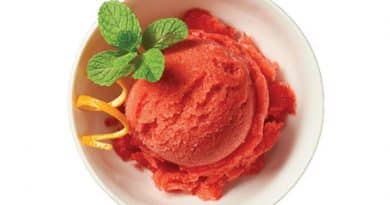Recommended Nutrition and Diet For a Speed and Agility Training Program
When starting a speed and agility training program many of today’s athletes ignore one of the most important aspects of achieving desired results, and that is diet and nutrition. Too many young athletes tend to eat too much fast food and not pay attention to what they are eating throughout the day.
To get the most out of speed and agility work out the best place to start when it comes to nutrition and diet is a well-balanced meal. All meals throughout the day should contain food from all four food groups. If this is not possible then make sure that throughout the day your diet has contained portions from all four food groups.
To enhance your diet to deal with the sufficiently high physical demands of sports training, which requires a high rate of energy production, you will need to increase your carbohydrate intake. Whatever sport or training you are participating in, this type of energy production can only be achieved by the breakdown of carbohydrates. This means that players should pay particular attention to this aspect of their diet – more especially when considering the notorious drills of speed and agility programs, especially when athletes are given no guidance about what to eat. The heavy training schedule that most speed and agility training involves, only serves to increase the need for carbohydrate intake.
When discussing this subject, it is usual to express the form of the energy consumed as percentages (proportions) eaten as carbohydrate, fat, and protein. While the typical diet for the general population is about 40% carbohydrate, 45% fat, and 15% protein, the recommended dietary proportions for a soccer player (whose training is very strenuous and well-rounded) would be roughly 65% carbohydrate, 20% fat and 15% protein, according to Peak Performance Newsletter.
The ingestion of essential amino acids immediately after exercise increases protein synthesis, meaning greater muscle and (provided you’re training ‘properly’) more power. A very important point in protein ingestion is the timing – if you’re taking any protein shakes or bars, take it asap after exercise.
Provided you’re eating a well-balanced, energy-sufficient diet, creatine supplementation has also been shown to improve repeated sprint ability as previously discussed in the Vitamins and supplement article.
Some information used in this article was gathered from the Peak Performance newsletter.


